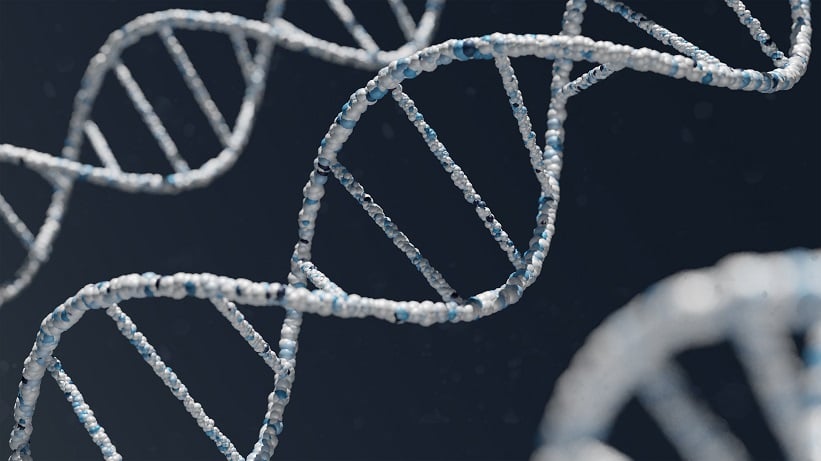GENETIC signatures could be used to predict tumour response to immunotherapy, new research has shown. Dan Theodorescu, Director of Cedars-Sinai Cancer, Cedars-Sinai Medical Center, Los Angeles, California, USA, and colleagues investigated the efficacy of genetic signatures in predicting response to anti-programmed death-1 (PD-1)/anti-programmed death-ligand 1 (PD-L1) immunotherapy in bladder cancer.
Following a previous study that implicated the discoidin domain receptor tyrosine kinase (DDR) gene, DDR2, in anti-PD-1 immunotherapy resistance in animal models, lead study author Sungyong You, Cedars-Sinai, used a bladder cancer model to analyse publicly available data from The Cancer Genome Atlas programme to determine whether expression levels of DDR1, DDR2, and the downstream genes (genetic signature) they regulate were correlated to the host tumour immune response. The authors also assessed bladder cancer immunotherapy IMvigor210 clinical trial data to determine whether the expression of DDR1, DDR2, and their downstream genetic signature displayed any correlation to immunotherapy treatment response.
The team found that DDR1 and DDR2 have differing effects on immunotherapy response and are often inversely expressed. Tumours with high DDR2 expression were identified as ‘hot’ whereas those with high DDR1 expression were ‘cold’. This highlights that tumours with high DDR2 expression could be more likely to respond to anti-PD-1/PD-L1 immunotherapy than those with high DDR1 expression.
The researchers also found that bladder cancer response to anti-PD-1/PD-L1 immunotherapy was associated with the expression of four specific genetic signatures, regulated by DDR1 and DDR2. These signatures were also associated with immunotherapy response when assessed against data available for other cancer such as glioblastoma and melanoma. The team plan to evaluate these genetic signatures further in a prospective clinical trial, and Theodorescu stated that the team will “continue investigating these biomarkers with the goal of bringing them into clinical use and improving patient outcomes.”
Further investigation into the use of cancer genetic signatures and how they can be used to predict immunotherapy responses could help clinicians better streamline which patients are most suitable for immunotherapy and help deliver a more personalised care plan.








